Education
Nine Applications of NFT in Real Life
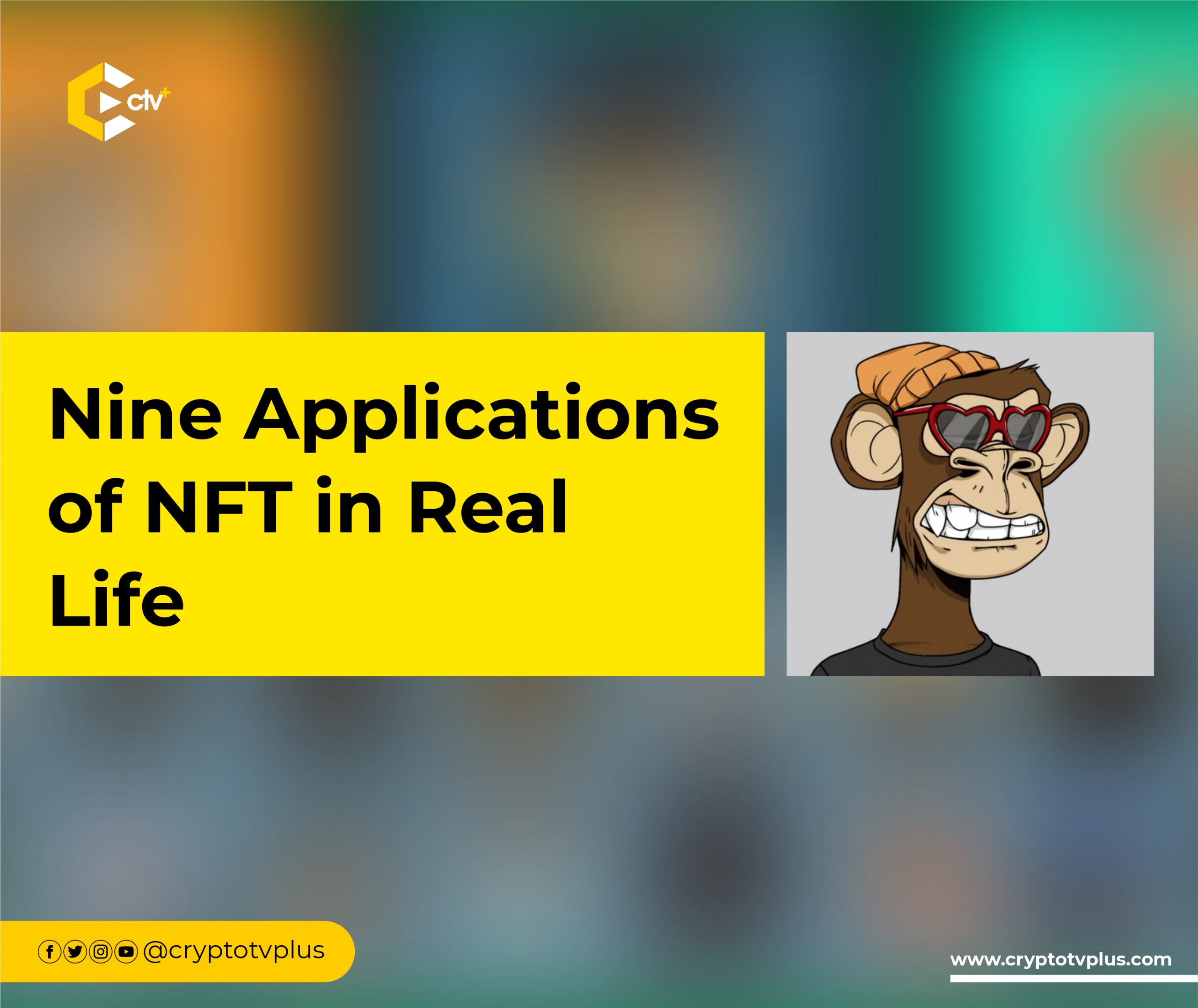
NFT is nothing but a fad. This opinion is held by a lot of people even till now. This is because the NFT seems like an asset with no real value hence the reference to JPEGs with NFTs. Despite this, the NFT market has grown considerably since 2021 when the market went wild with top sales such as Jack Dorsey’s tweet (over $2 million), the Merge sales at $91.8 million, and Beetle’s “The First 5000 Days” for $69.3 million.
Are NFTs actually worthless? The size of the market is proof it’s not. In this article, we shall explore some real-life applications of NFTs.
1. Healthcare
Sharing health data has improved over time with the digitalization of medical data. But, the process is not fully free of challenges. There have been cases with bridges in the privacy of health data between patients and health organizations like that of 23andMe.
In 2018, an investigation was launched by the Federal Trade Commission on Ancestry and 23andMe regarding the company’s policies on handling health data relative to third parties.
However, with NFTs health information of patients can be safer and not easily accessible by encoding the record into a smart contract. Nebula Genomics, founded by Professor George Church, is helping to store health data on the Ethereum blockchain as an NFT.
2. Identity
Report shows the Identity theft protection market is projected to be more than $11bn in 2022, and this presents a way to view the menace of identity theft crime. The uniqueness of NFTs makes it possible to prevent this problem by tokenizing IDs as NFTs. The uniqueness of NFTs is a compelling feature that drives this application.
Ethereum Co-Founder, Vitalik wrote a Whitepaper on SoulBound tokens that can be used as social identity on Web3. They are non-transferable – you own them and cannot sell them like other NFTs.
Read this also:
- Twelve traditional companies that have adopted NFTs
- Six Reasons Why You Should Pay Attention to NFTs
- Blue Chip NFTs: What are they and Why are they Popular?
- Role of NFTs in SocialFi
3. Entertainment
While it seems that NFTs are always in picture formats, there are audio and video-based NFTs. NFTs have found their way into music by enabling artists to connect with their fans directly and sell music.
Justin Blau AKA 3LAU raised $11.7 million from the sales of his Ultraviolet NFT album. DJ Kloud is another music star that profited $1.24 million after selling 5,000 pieces of music as NFTs. That’s not all. In a single day, Snoop Dogg gulped over $300,000 after selling Death Row.
Music streaming platforms are not left out. Spotify announced in May 2022 that it was testing NFTs on account profiles.
4. Supply Chain
There’s no perfect certainty when it comes to verifying the source of goods, especially food items in today’s supply chain industry. This impact is that expired and unreliable product are sold to the detriment of consumers.
However, integrating NFTs into the supply chain can help curtail this situation. NFTs attached to products can help verify each product before usage as well as track the course of such products before it gets to stores for sales.
Breitling, a luxury brand, created an NFT passport attached to every watch they produce. This allows their customers to verify the physical watch they receive with the NFT passport that comes alongside the physical watch.
5. Authenticity of Artwork
One of the profound uses of NFTs is to preserve the authenticity of materials attached to them. So many artworks have been stolen and replicated with fake representations. The Monalisa art is one that has suffered this plague.
However, ancient and yet-to-be-produced artworks can be tokenized as NFTs where they can be authenticated at any time, and anywhere around the world. This will reduce counterfeiters from reproducing and profiting from their criminal acts.
6. Fashion
A perfect example is the Uniswap socks, which are NFTs created on the Ethereum blockchain, tradable like other tokens and redeemable for real pairs of socks.
From the above example, NFTs can be used as interchangeable assets for real clothes. FTX exchange is another crypto brand that’s venturing into fashion collectibles for real clothes with offerings for sweatpants and condoms.
7. Real Estate
Why and how? Making a transfer of ownership of real estate properties can involve a lot of paperwork and physical movement. Bringing in a virtual asset like NFTs that can authenticate ownership anywhere and at any time will help eliminate the inefficiency in the real estate market.
Propy is a platform for trading tokenize real estate. Properties can be bought and sold represented by NFTs. And these transactions are verifiable by anyone.
8. Ticketing
Ticketing is another direct application of NFTs. Tickets of the future may likely use smart contracts (like the proposed Paris 2024 Olympics Ticket) to bring in control, and add value to holders. How?
NFT tickets can be used to eliminate fraudulent activities around ticketing. The Veecon entry requirement is an example where only holders of the VeeFriend NFTs can attend the event.
For larger events, the tickets can be tokenized for public verification. These tickets can become obsolete after the event or can be used for subsequent reasons like rewarding attendees with products of brands in partnership with the event.
9. Certificate
Just like digital identity, NFTs will be useful in the field of education. How? The education history of a child can be tracked on a blockchain using NFTs. Schools will no longer need to use paper or soft copy for certificates but can mint the certificates they give to their graduands.
A South Korean University, Sungkyunkwan University, is one of the schools that will issue NFTs as certificates to their students. This will help verification and authentication of records.
Conclusion
The application of NFTs is not a subject that can be fully exhausted considering the growth opportunities and use cases NFTs offer. Across both the digital space and the real world, NFTs allow for provenance and authentication of value. It also enables the transfer of value in a trusted way.
Take for example, if a Nigerian can own a piece of Chicago-based property through an NFT, and readily sell the same, this will unlock new types of market and innovative products for a greater industry. But much work will need to be done to get to this stage. Liquidity is a huge challenge for the NFT market, and in time this will be resolved.
What do you think of this article? Share your comments below.



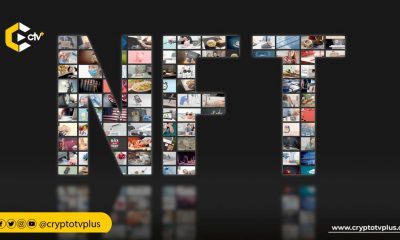

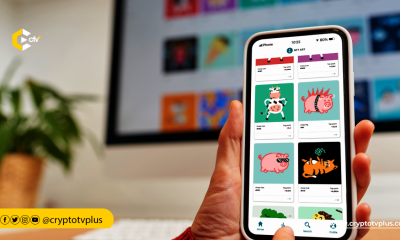

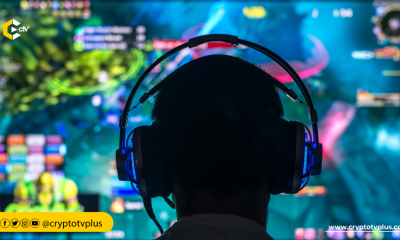

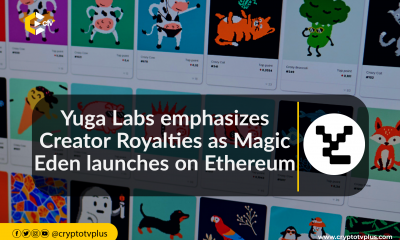

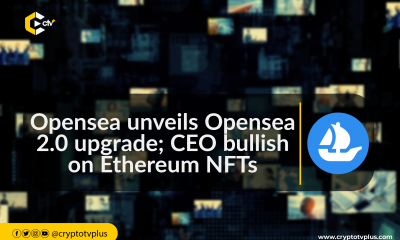

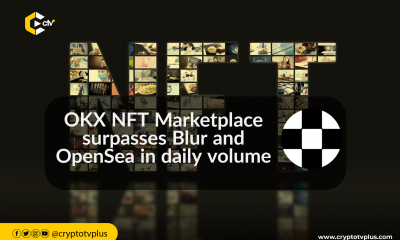











Pingback: Ten Applications of NFT in Real Life by Chuks Nnabuenyi Jr – CryptoTvplus Events: NFT, DeFi, Bitcoin, Ethereum, Altcoin Events
Pingback: Top five (5) NFT Fractionalization Platforms | CryptoTvplus: DeFi, NFT, Bitcoin, Ethereum Altcoin, Cryptocurrency & Blockchain News, Interviews, Research, Shows
Pingback: Top Five (5) NFT Splitting Platforms – Ultimate App Maker
Pingback: Spotify to integrate NFTs for playlist | CryptoTvplus: DeFi, NFT, Bitcoin, Ethereum Altcoin, Cryptocurrency & Blockchain News, Interviews, Research, Shows